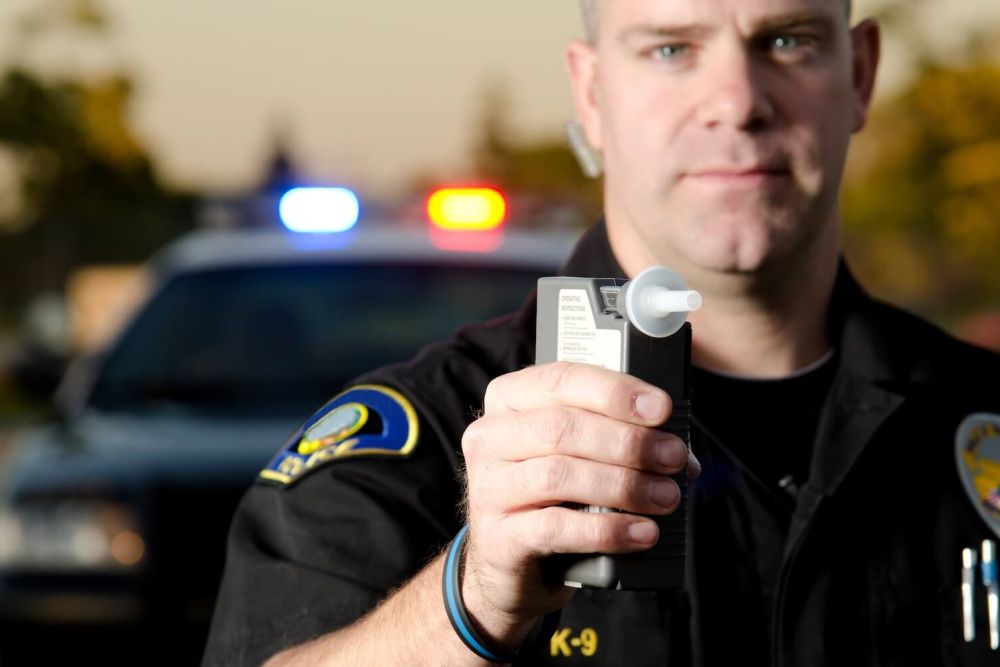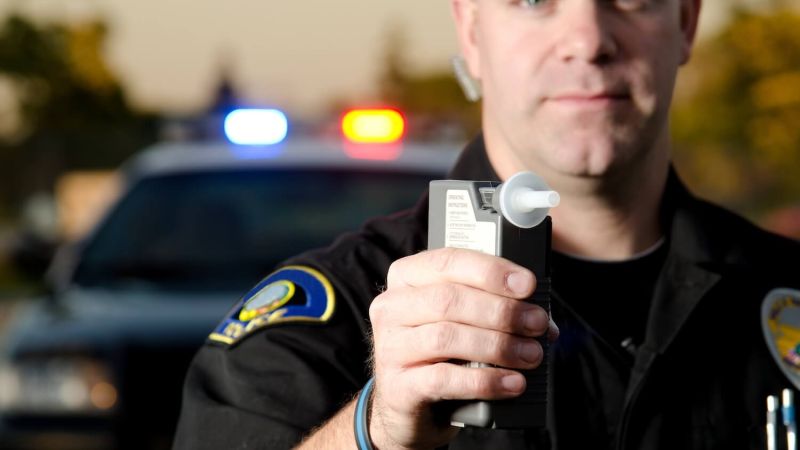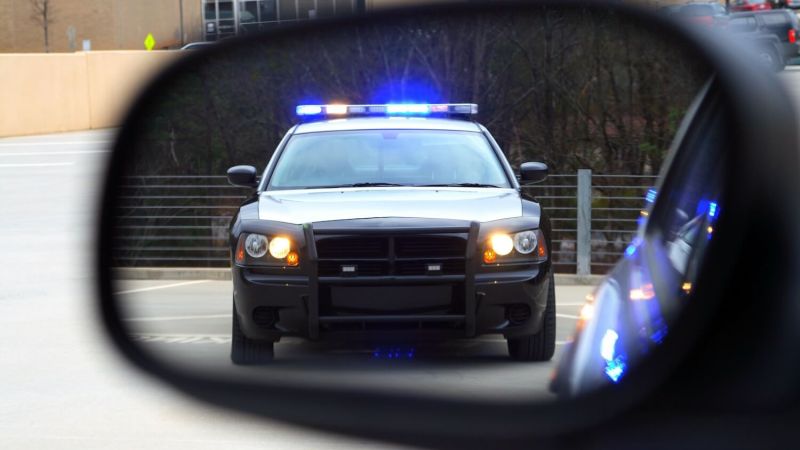Understanding New Jersey DUI/DWI


In New Jersey, there is no distinction between driving under the influence (DUI) and driving while intoxicated (DWI) so the two terms may be used interchangeably. Both terms refer to driving under the influence of alcohol or drugs. It is most associated with drunk driving; however, the standard also applies to those impaired by illicit drugs or prescription medication.
By law, a driver is considered to be intoxicated if they register a 0.08% blood alcohol content (BAC) on a breath or blood test. For a driver under age 21, there will be an arrest for DWI if the driver’s BAC is 0.01% or above since they are under the legal drinking age.
A driver can also be convicted of DWI if he or she has ingested any amount of alcohol and the court is satisfied through a police officer’s testimony that the driver exhibited a “substantial deterioration or diminution of the mental faculties or physical capabilities.” Therefore, BAC is not the sole determining factor; the impairment level can play a crucial role.
New Jersey laws regarding drunk driving are among the strictest in the nation. DWI/DUI is a serious traffic offense that can lead to jail time, detention in an Intoxicated Driver Resource Center (IDRC), fines of hundreds to thousands of dollars, and the installment of an ignition interlock device (IID) in the offender’s vehicle so that it won’t start until a breathalyzer test is taken and passed, and suspension of the individual’s driver’s license.
A DUI arrest will adversely affect your life. You may find it difficult to get to work or pick up your children from school. In career fields that require you to drive, it means lost wages and potentially losing your job. There will also be long-term financial consequences such as higher insurance rates. The conviction of a DWI remains on your record for potential employers, loan officers, college officials, and others to see on background checks.
A variety of factors determine the size of the fines and the length of the penalties. The range of potential penalties is determined based upon your DUI history, and whether there were any aggravating factors involved in the arrest. Each additional offense severely increases fines and penalties.
Any individual who drives a motor vehicle on a public road or highway in New Jersey gives their implicit consent to submit to a breath test when requested by law enforcement. Refusal to comply with these tests can result in mandatory penalties, which are often severe and in certain respects even exceed those for a first-time DUI.
People are guilty of DWI/DUI by showing that either:
- You were operating a motor vehicle “while under the influence of intoxicating liquor, narcotic, hallucinogenic or habit-producing drug;” or,
- You were operating a motor vehicle “with a blood alcohol concentration of 0.08% or more by weight of alcohol.”
Prosecutors do not need to prove both. If they can prove that you were under the influence, then they don’t need a high BAC to secure a conviction. If they can prove that your BAC was over the legal limit, they can secure a conviction even if you were still safely in full control of your vehicle.
Police officers must adhere to strict procedures when conducting traffic stops, making arrests, and administering breath tests to ensure legal compliance and accuracy. Failure to follow these procedures can provide defenses for an experienced DWI/DUI attorney in court.
Proving the driver is exhibiting signs of impairment might include having slurred speech, admission of impairment, or failing a field sobriety test. Field sobriety tests typically assess both balance and coordination such as walking along a straight line, balancing on one foot, or reciting the alphabet backward to determine impairment levels.
The State relies on these results to establish that a driver was under the influence or to support grounds for an arrest. No one test is conclusive. A driver’s poor performance on one or more tests may be explained by your attorney of other possible factors such as medical conditions. Unlike the breath test, you are not required to submit to field sobriety tests (FSTs) in New Jersey. You have the right to remain silent and the right to speak with an attorney.
Alco test, also known as the breathalyzer machine used throughout New Jersey, is a complex piece of machinery used to measure blood alcohol content. This machinery must be carefully calibrated and properly maintained. Breath-test results are only admissible if the operator is Alco test certified. These devices can malfunction and issue “false positives” for high BACs. The arresting officer’s testing procedures or interpretation of your performance can be challenged.
There’s a lot at stake after a DWI Arrest. You need to take your situation seriously. Hiring the right legal representation should be your first step. You cannot afford to face the judge on your own. The defenses available in your case will depend on the unique facts and circumstances involved. The experienced New Jersey DUI lawyers at Lackey & Miller, LLC will be able to advise you of your constitutional rights and help you decide on the best action.

Written By Jeremy Lackey
Jeremy Lackey is a seasoned criminal attorney who served as an Assistant Prosecutor for the Burlington County Prosecutor’s Office and as a Deputy Attorney General for New Jersey Office of the Attorney General, Division of Criminal Justice, before co-founding the firm Lackey & Miller, LLC.










